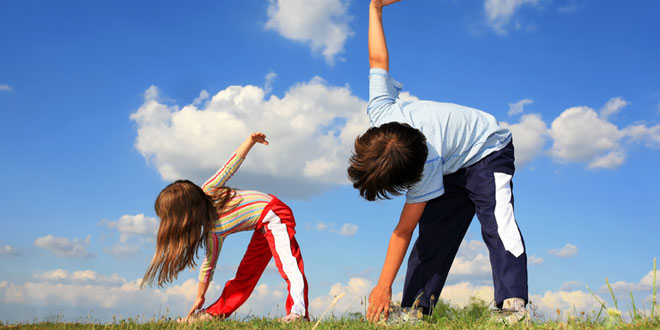
Exercise can boost your child’s brain power, and help them score in exams
Your children, whether they are in primary school or in college, can perform better academically when they exercise or play a sport, says a panel of experts.
So, if you want them to ace their exams and excel in their studies, it is best to encourage them to do more physical activities.
A consensus statement published this week in the British Journal Of Sports Medicine outlines that in addition to its physical health benefits, exercise boosts brain power and academic performance in children and young people.
A team of international experts from the Britain, Scandinavia, and North America, took their information from the best evidence available on the effects of exercise on children and young people.
Together the experts drew up 21 separate statements on four themes of fitness and health; intellectual performance; engagement, motivation and well-being; and social inclusion, looking at structured and unstructured physical activity for 6 to 18 year-olds in both school and leisure time.
The statement suggests that taking time away from academic subjects to take part in physical activity is time well spent for children, and rather than reducing their chance of getting good grades, it actually boosts their academic performance.
They also state that physical activity and cardiorespiratory fitness are beneficial for brain development and function in children and young people, and that mastering basic movements in exercise can help to boost brain power and academic performance.
The statement also says that just a single session of physical activity before, during, and after school boosts academic performance, with just one session of moderately energetic physical activity showing immediate positive effects on brain function, intellect, and academic performance.
Although the statement also recognized the physical benefits of exercise, with physical activity helping to reduce the risk of developing heart disease and type 2 diabetes in later life, physical activity can also help develop important life skills, boost self-esteem, motivation, confidence and well-being, and build and strengthen relationships with peers, parents and sports coaches.
The statement concluded that incorporating physical activity into every aspect of school life and providing protected public spaces for exercise, such as bike lanes, parks and playgrounds “are both effective strategies for providing equitable access to, and enhancing physical activity for, children and youth.”
Source: AFP Relaxnews

